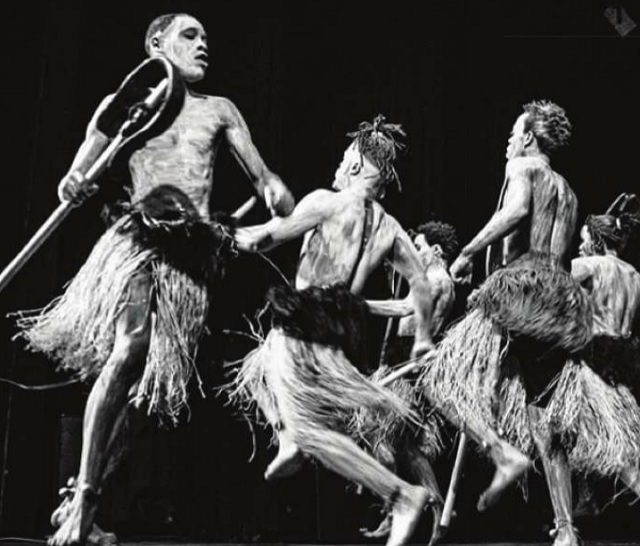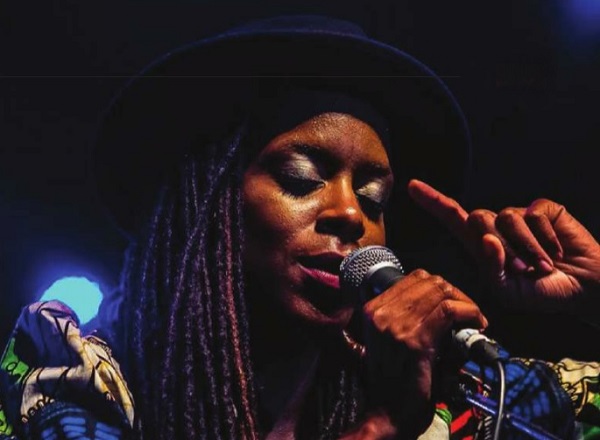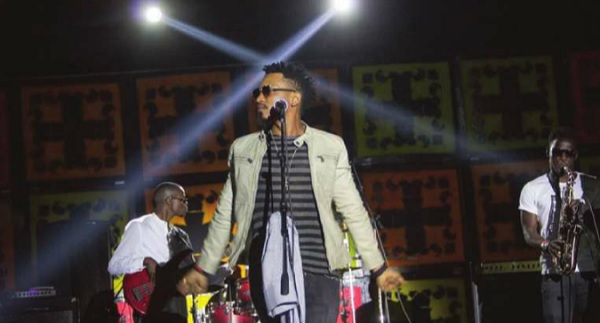
Can the international festival push more creativity into Kampala?
For cities, especially those aspiring for global recognition, to thrive in the 21st century; they need a culture of creativity – the capacity to think afresh. The creative city is a city that has a brand and reflects a personality.
This attitude ties in with rampant talk about turning African metropolises into creative cities using deliberate strategies and Kampala has previously been yearned for such an enterprise. As a frontline figure in the promotion of local culture, Faisal Kiwewa and his Bayimba International Festival of the Arts appear to be in pole position to influence such a transition.
That is the conclusion one gets after analysing the 2016 Bayimba held between Sept.16 and 18 at the National Theatre in Kampala. It had world famous acts; such as the Argentinian duo of Mandragora Circus, Germany’s DJ Blip Discs, a few South African groups such as Akua Naru and Dr. Bone, and Kenyans like Winyo and Gravitti Band.
The event offered a mixed menu of disciplines including all the usual suspects such as visual arts, crafts, theatre, fashion, poetry, comedy, dance and of course music taking the centre stage. It also had a fair international representation with participants from nearly all four continents out to share a platform in a cross-cultural exchange.
And of course it had renowned Ugandan acts of music, art, drama, and comedy and revealed the extent of its growth over seven years.
When it opened its doors to the public in 2009, Bayimba’s its vision was of a vibrant arts and culture sector that is professional, creative and viable, and contributes to social and economic development in Uganda and East Africa.
Initially using borrowed funds, the founding director, Faisal Kiwewa, sought to use the platform to make Uganda a hub for arts and culture on the African continent. But lo and behold, the first edition of the show that took place at Kyadondo Rugby Grounds in Lugogo only managed to attract a paltry 30 people where it had anticipated thousands.
However, driven by tenacity and passion, Kiwewe braved the tide and organised subsequent events that have turned the festival into Uganda’s premier arts and culture gala. Bayimba now has a global reputation and appeal.


This year’s festival brought yet another new dimension; it overlapped the Kampala Art Biennale that was already running for some weeks. Together they made September the most culturally eventful month of the year 2016.
The question one may ask concerning all festivities such as Bayimba that are jostling for space on Kampala’s increasingly congested social calendar remains that of impact. Beyond the entertainment of the ostensibly unquenchable appetite of Kampala’s revelers, what more can Bayimba and its ilk offer to the development of Uganda as it Faisal envisioned it from the outset?
Making a successful partnership between the arts, culture and urban regeneration requires imaginative understanding of arts and culture, and the way they work.
Cultural activities are inextricably linked to innovation and creativity and historically this has been the lifeblood of cities as a means of unleashing their capacity to survive and adapt. Creativity is, of course, legitimised in the arts and increasingly is also seen by business as the key attribute. In a world dominated by images, the cultural sector is inextricably linked to the image of a place and a strong culture is believed to create positive images.
The cultural interaction that happens when Bayimba takes place, instance, has a multidimensional façade that transcends the crowds that flock the venue every year to have some fun; it is about how this platform is contributing towards the preservation of the soul of Uganda’s culture.
With so much productivity going on in all sectors to a magnitude unknown in Uganda’s history, the platform for cultural practitioners to showcase and even market their cultural wares remains limited. Bayimba should inspire a revolution that will indeed turn Kampala into a regional hub for culture.
****
editor@independent.co.ug
 The Independent Uganda: You get the Truth we Pay the Price
The Independent Uganda: You get the Truth we Pay the Price


